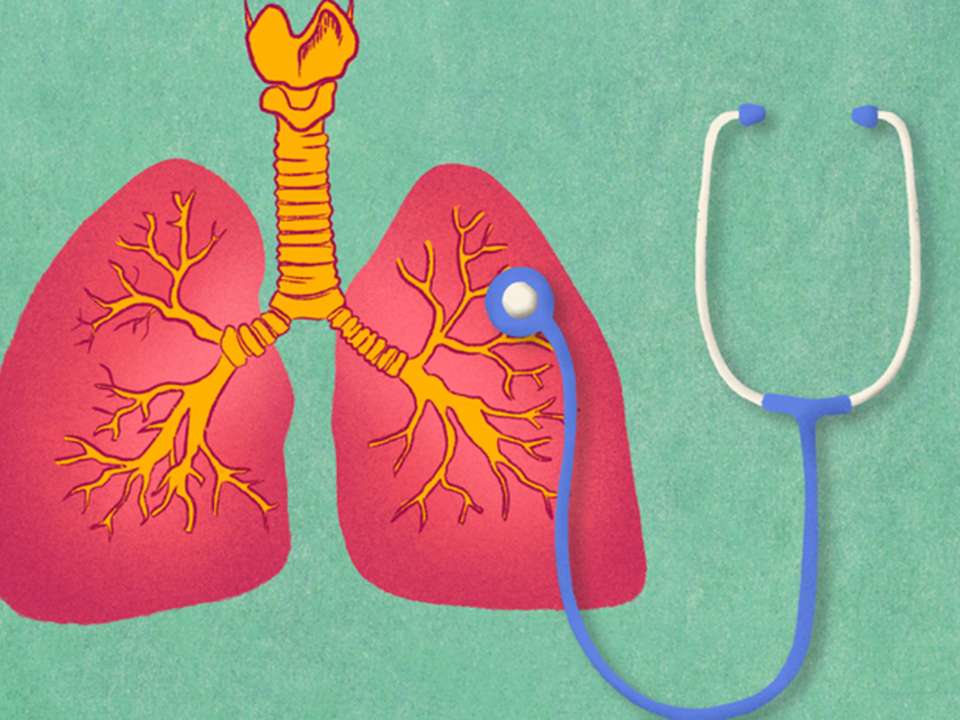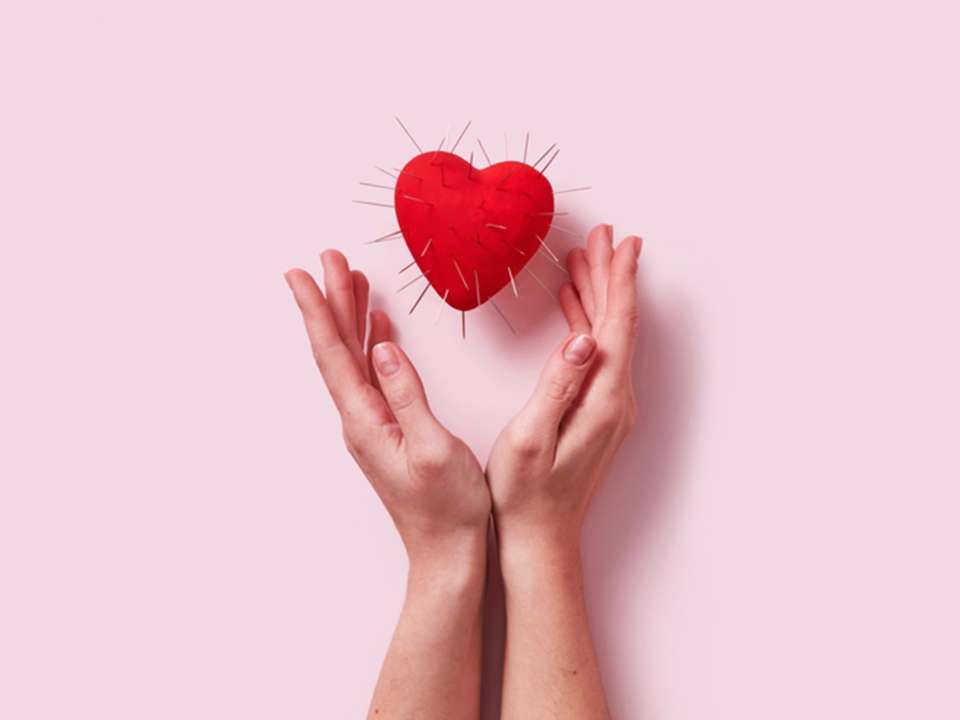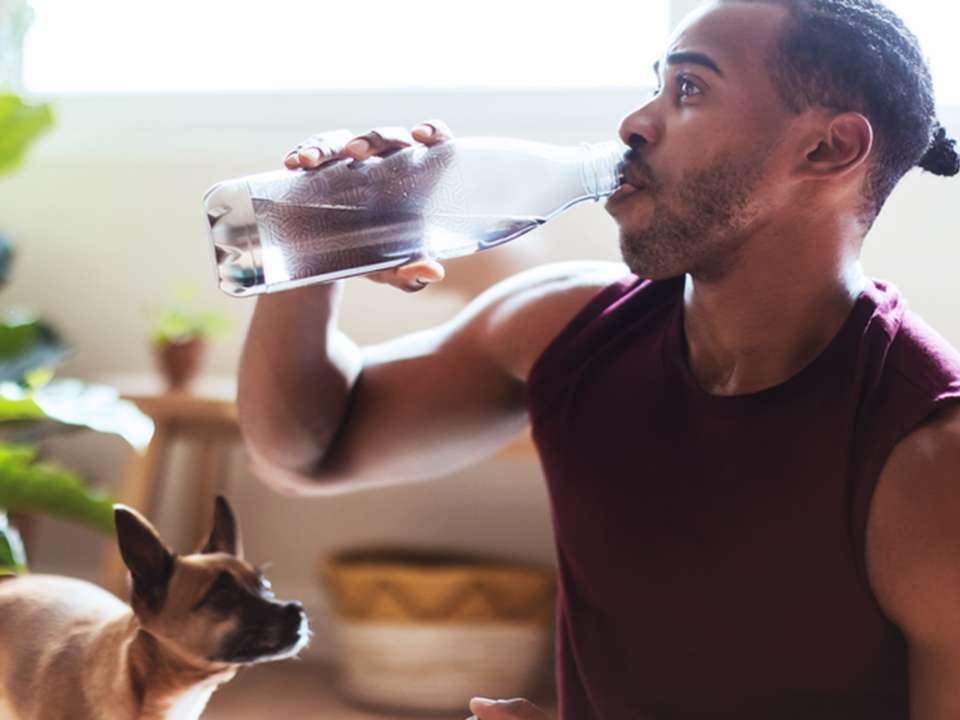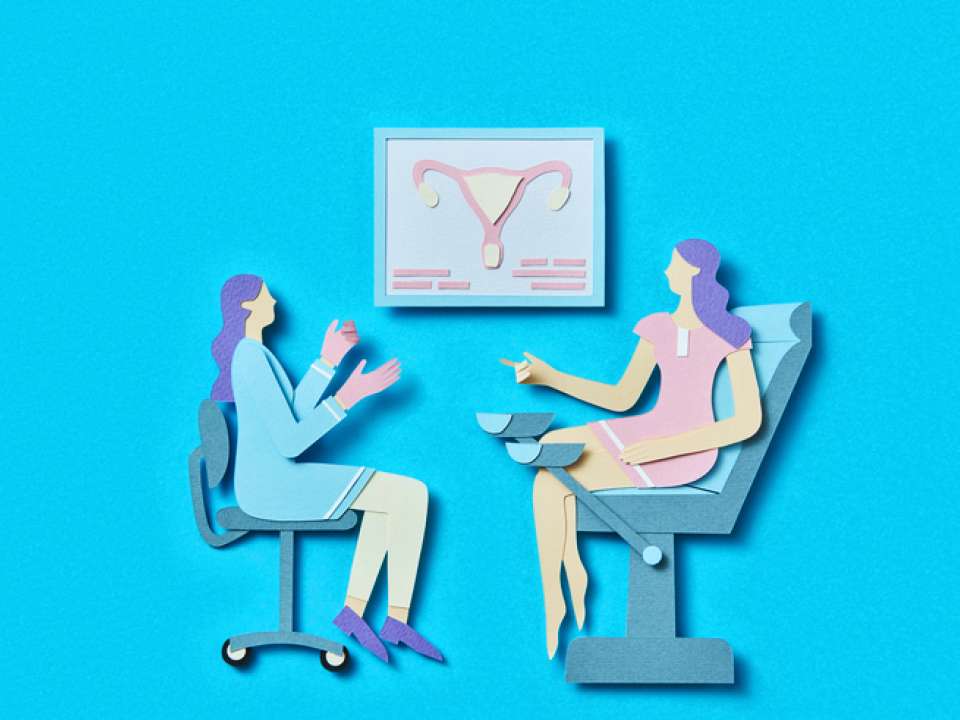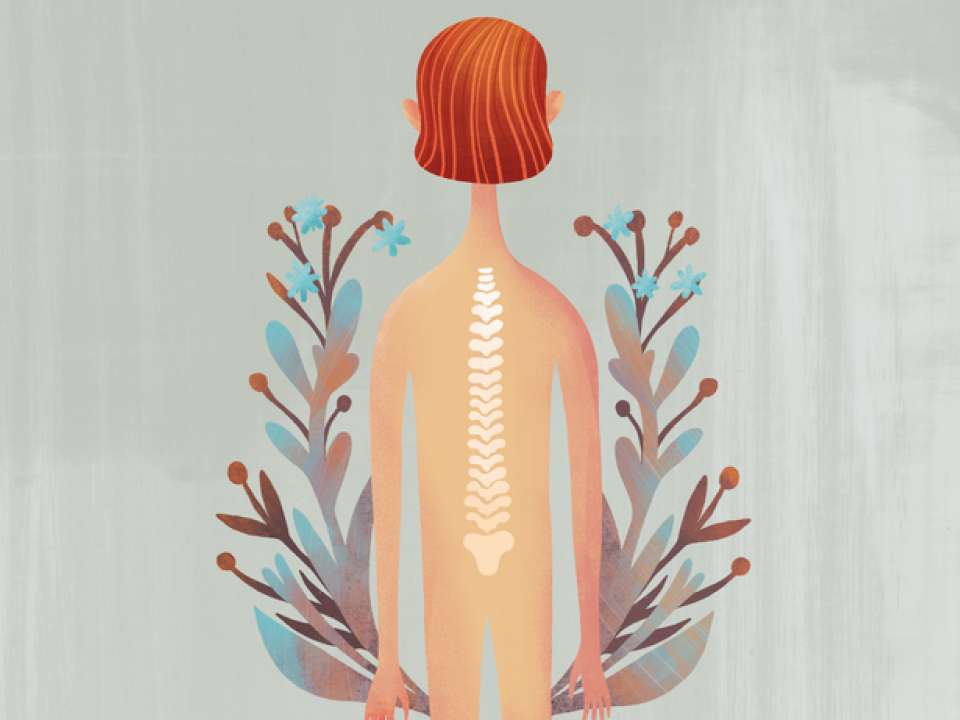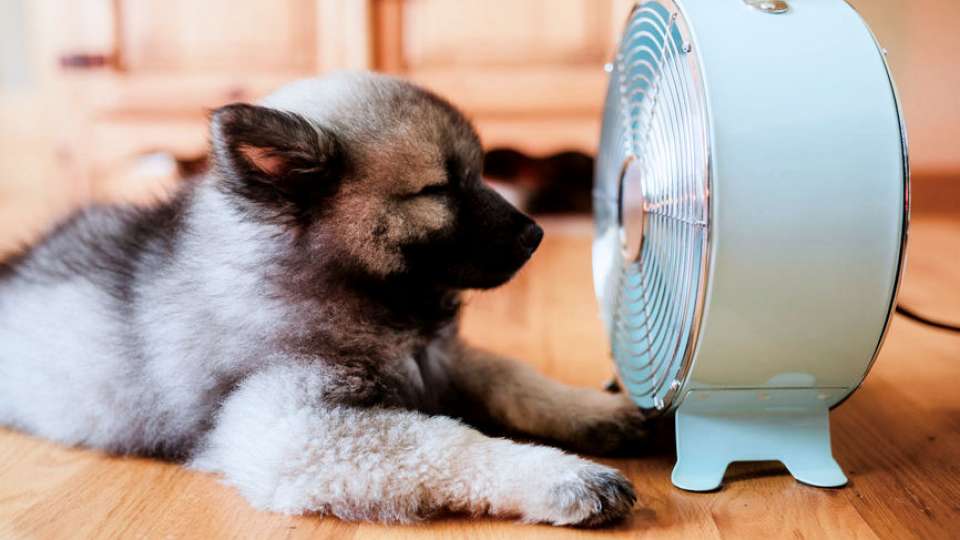
You’re so ready. You have your sunscreen and the aloe just in case. You have a friend of a friend with a boat that rocks a barbecue grill.
Play your cards right and you’re headed for a weekend that’s straight up savage.
Dr. Stephen Morris, an emergency medicine specialist with UW Medicine, wants to be sure that nothing gets between you and your long-anticipated summer plans.
He shares four common heat-related ailments that might spoil your summer fun — and tips for how to avoid them.
Too hot to handle
If you lived in Arizona, you’d be used to temperatures that regularly top three digits in the summer and would know how to behave accordingly. But Morris says that in the Pacific Northwest, we are less likely to recognize the signs of heat-related health issues and less likely to know how to react even if we do.
“When you start to feel ill from the heat or your activity in the heat, the most important thing to do is to get out of the heat and stop the activity,” says Morris.
Heatstroke, the most serious of heat-related illnesses, occurs when your body’s ability to regulate its temperature stops working, and your body temperature rises to dangerous levels.
“When heatstroke gets very severe, people get confused and will not seem themselves. That’s really an emergency at that point,” says Morris.
If you observe someone with red and hot dry skin who has stopped sweating, they are in the midst of a medical emergency. Other symptoms include nausea and vomiting, headache and dizziness and shortness of breath.
Remove them from the heat and call 9-1-1 immediately. Remove excess clothing, drench skin with cool water and fan skin to create airflow. Place ice bags on the armpits and groin areas. Offer cool fluids if they’re alert and able to drink.
Without aggressive cooling, heatstroke can cause permanent brain and organ damage in just half an hour.
Thirst trap
Your body sweats to keep you cool. It’s the evaporation of your sweat that cools you down.
In hot weather, you lose fluids more quickly because along with high heat comes a higher evaporation rate.
You’ve heard it before and you’ll hear it again. When you are outdoors in high heat, you need to hydrate, hydrate, hydrate.
“Drinking lots of water helps. And drinking cool water serves double duty by helping to cool you down at the same time,” says Morris.
If you work — or work out — intensely in the heat, you may consider consuming a drink containing electrolytes that replace those you lose when you sweat.
“Similar to heatstroke, when dehydration gets severe, people become confused and might not seem like themselves. Again, that’s an emergency,” says Morris.
Troubled waters
It sounds refreshing to jump into a nice, cold body of water to cool down. That can be a good way to cool down if you’re a good swimmer in a safe location — and if you haven’t recently consumed alcohol.
“Unfortunately, we often see activities that are either dangerous in and of themselves or dangerous because they’re combined with alcohol. We see drownings where people go into the water and they’re either intoxicated, not able to swim or they misjudge the nature of the water,” says Morris.
Alcohol and heat don’t combine well, especially near the water.
“People should make sure that their celebration of the good weather is done in a safe and responsible manner,” says Morris.
A matter of degree
When the temperature rises, the glass windows of a closed car create a greenhouse effect that heats the air inside a car to temperature far higher than that outside.
“Temperatures can easily soar well over 100 degrees very, very quickly even if it’s not that hot out,” says Morris.
So just don’t leave a pet or a child in the car ─ ever. You don’t want to be that person.
Morris sees many emergency room visits that could be avoided with some common sense.
“I don’t want people unfamiliar with how to handle heat to learn things the hard way,” says Morris.
It’s a nice way of saying he’d rather not make your acquaintance in the emergency room this summer.

 Healthy ideas for your inbox
Healthy ideas for your inbox
